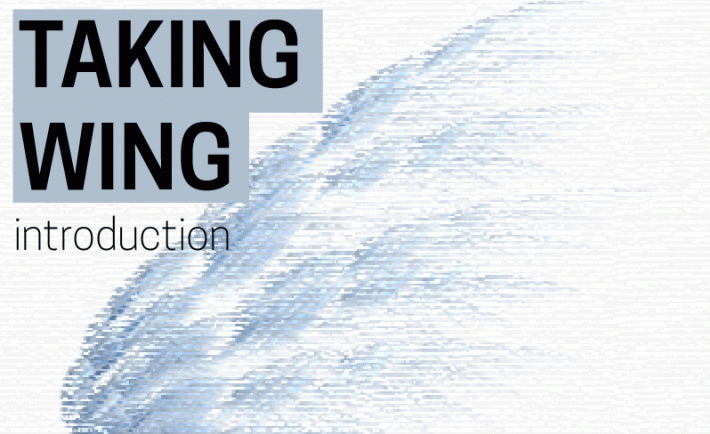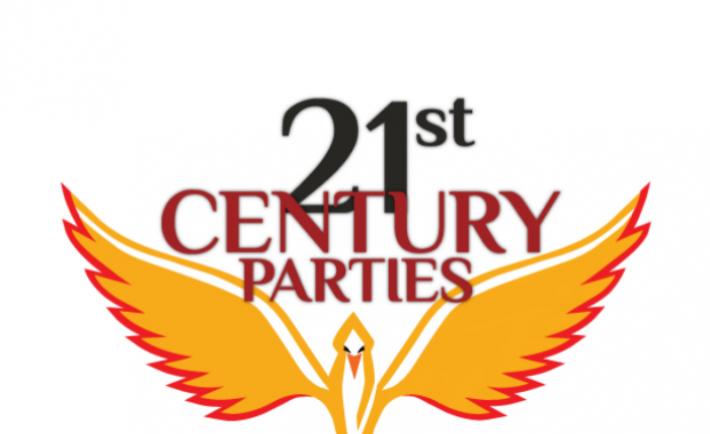For more than three decades, NDI has supported political party youth wings as a means of engaging young people in formal politics. Youth wings are semi-independent bodies within a political party. Although structures differ, most youth wings have an established age for membership (e.g., 16-35), work to initiate young people into party politics and strengthen a party’s ability to address youth-specific policy issues – among other core functions. Organized youth wings, across party systems, are indicative of an important minority of young people trying to satisfy political aspirations through political party involvement. Youth wings can be a source of creativity and dynamism within a political party and are enabled when they have opportunities to shape party policies and participate in decision making.
Taking Wing: Pathways to participation and leadership through youth wings
Political Parties in Kosovo Should Be the Cornerstone of Democracy, Not a Gimmick.
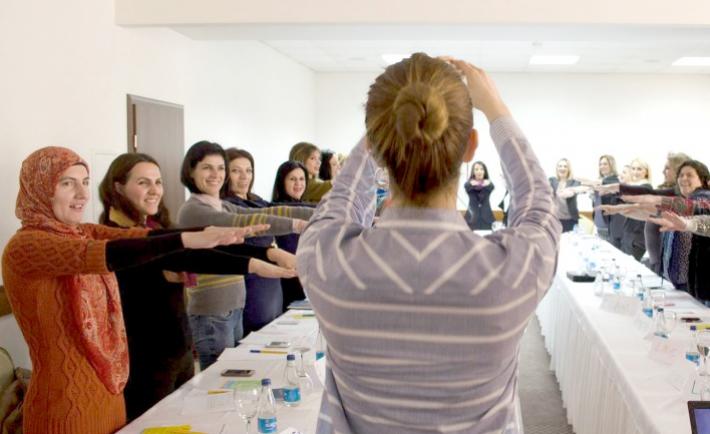
Cross-party training events like this one, part of the Women Political Empowerment Training conducted by NDI, would have a bigger impact if political parties in Kosovo became more inclusive and created a space for women and youth.
In a small country like Kosovo, in order to “get things done,” you need to be affiliated with a political party, understand how to navigate the political system and lobby hard for your cause. None of these requirements would be an issue if ideologies and policies were at the heart of discussion and negotiations. Instead, party affiliation in Kosovo is based on business relationships - not policy - and this political culture undermines internal party democracy.
Introducing NDI's Party Renewal Initiative
Political parties are essential for democracy, they offer citizens meaningful choices and opportunities to mobilize behind different visions for their society. However, around the globe political parties are consistently ranked among the least trusted democratic institutions. While there are many reasons for this distrust, it does have some people wrongly asking if political parties are still necessary in today’s changing technological environment or if they’re a dying species of the 20th century. However, parties remain the only institutions that offer citizens meaningful choices in governance, avenues for political participation and opportunities to shape their country’s future. They therefore remain fundamental to the healthy functioning of democratic systems. To address this disconnect between citizens and political parties, NDI's Political Parties team has launched this Party Renewal Initiative to discuss how parties can better adapt to the 21st century.
Colin Delany Discusses Political Parties and Tech
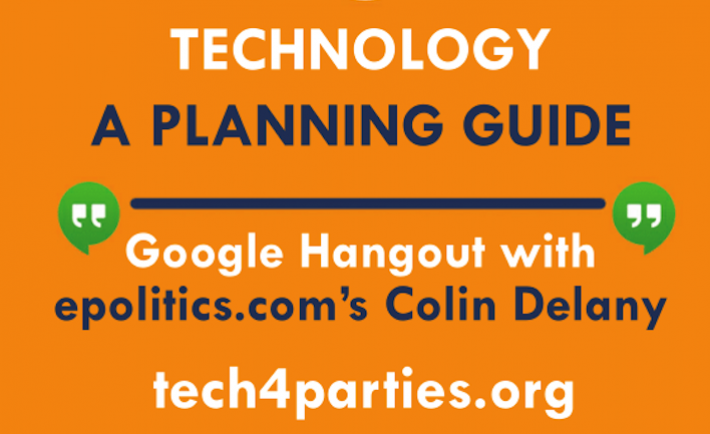
NDI's Politicial Parties team released a new guide to help parties taking advantage of the opportunities provided by Information Communication Technologies (ICTs).
On November 13th, the National Democratic Institute hosted an online ‘Question and Answer’ session with Colin Delany, editor and founder of epolitics.com. Delany was a lead contributor to NDI’s new tech guide, which, among other things, aims to help parties deploy new information communication technology (ICT) tools to organize and reach out to contacts, increase two-way communication with citizens, and conduct more strategic outreach.
Four New Resources for Strengthening Citizen Access
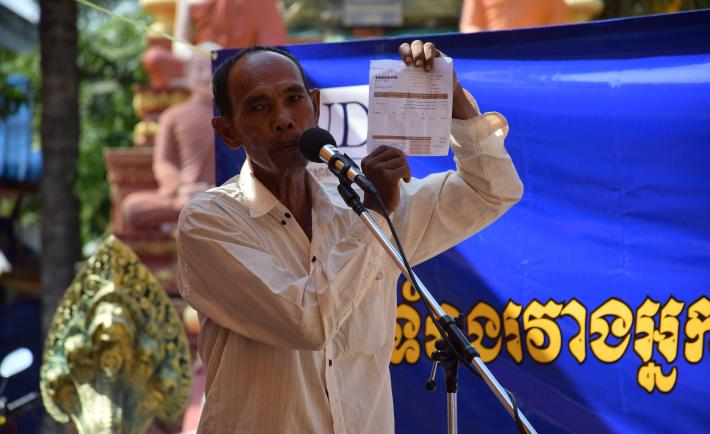
At a constituency dialogue event in Cambodia, a participant displays his electricity bill to show members of the National Assembly how expensive energy is in his village, and asks them for a solution to rising costs. NDI helped organize the constituency dialogue event. (Photo by NDI's Chhiv Kimsrun)
Citizen access and influence in political decision-making can vary across identity groups. NDI programming helps citizens expand civic space and streamline processes to enhance their own political participation, with a cross-cutting priority to support the inclusion of historically marginalized populations. This past month’s resources discussed the need to lower barriers to voter registration for people with disabilities, how to partner with faith-based organizations and religious leaders, and the use of ICTs in women’s empowerment. In August, the Citizen Participation team and the Political Parties team organized a ‘TweetTalk’ on what political parties can do to include youth in the political process.

